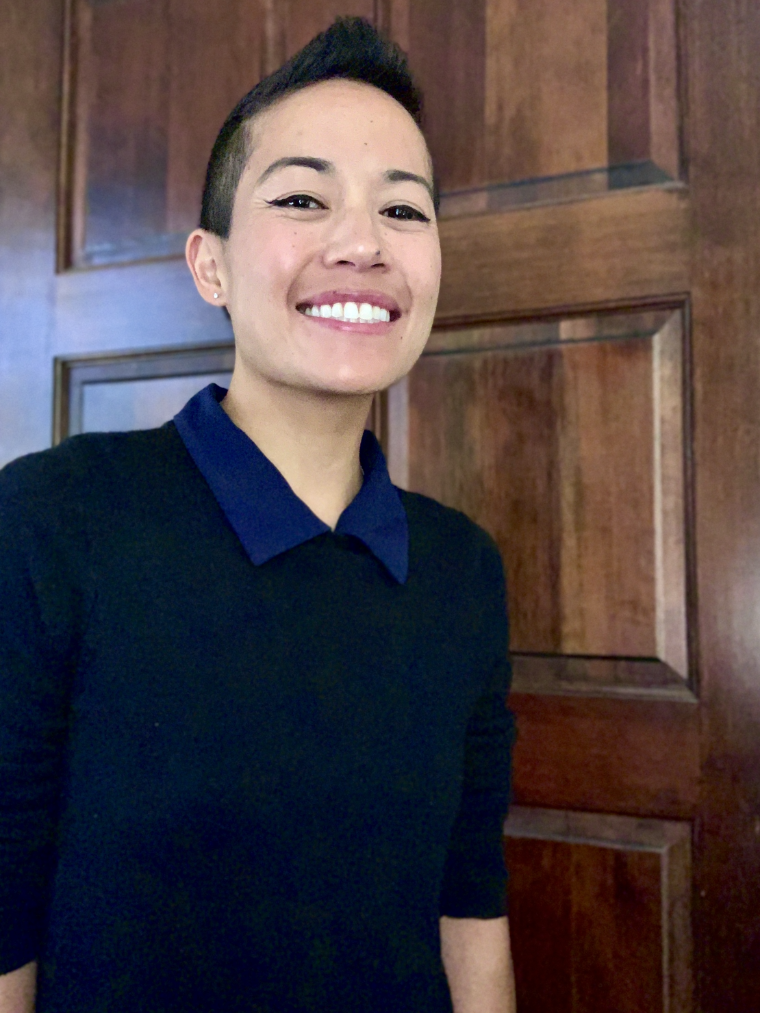MA in Counseling
Master of Arts in Counseling (45 unit)
Our vision imagines a region and world in which everyone has access to an inspiring education and the psychological tools and support to propel them toward flourishing lives of meaning, purpose and connection. Our education is characterized by Strong Values, Social Justice, Transformative, Diverse Community.
The 45-unit MA in Counseling program is for students who wish to pursue work in which they will use counseling skills in a non-mental health setting but that still requires a Master’s degree. Examples of such work include career counseling, academic counseling in a college setting, behavioral health counseling in a medical setting, or pastoral counseling as a minister or lay person. Students should be aware that such a degree will not make them eligible for licensure as an MA-level psychotherapist, nor can they transfer courses to a licensure-track program at a later date (per state regulations). Graduates of this program have found work in a variety of fields, including serving as an academic counselor in the community college system, a career counselor or doing student life work in a wide range of college settings. This degree is also appropriate for students preparing for doctoral work in Clinical, Counseling, or School Psychology. Students in this program also have the option of taking courses centered in one of our emphasis areas.
MA in Counseling Highlights
Curriculum & Electives
Core Curriculum: 30 units, 10 courses |
Elective Options: 15 units |
|
|
| Comprehensive Exam in Counseling
Focus of the comprehensive exam will center on the theory and practice of counseling in non-mental-health care settings. |
|
Emphases & Concentrations
We offer five specialized interest areas. Our four emphases function like a minor. Students who don't choose an emphasis may choose from a variety of electives. The Child and Adolescent Mental Health Concentration is similar to the emphases, but requires additional elective coursework.
Latino Counseling
A focus on culturally and linguistically appropriate counseling experiences centered on a deep understanding of Latino culture, ethnicity, acculturation, and immigration.
Health Psychology
Apply psychology to issues of well-being, stress and stress management, the modification of health behaviors, health promotion, wellness, and disease prevention.
LGBTQ Counseling
Offering training in the application of counseling to issues of gender, diversity in sexual identity and expression, oppression, discrimination, and acculturation, among other topics.
Correctional Psychology
Graduates work in community and law enforcement agencies, private practice, schools, correctional institutions, mental health and rehabilitation facilities, and group homes.
Child and Adolescent Mental Health
Students will be trained to develop greater proficiency in supporting children, teens, and young adults. Coursework will focus on: issues in early intervention and infancy; issues in school-based settings; developmentally-appropriate interventions; working with disabled children and youth; trauma- informed care; evidence-based approaches to working with children and youth, including short term therapies, cognitive behavioral therapy, play therapy, expressive arts therapy, family therapy, and much more.

"After having just graduated from UC Berkeley, I was seeking a program that would provide me both a community and a solid academic foundation. And today I am so grateful to say that SCU’s Counseling and Psychology program gave me exactly that. It’s because of the relationships, the knowledge, and the practice I received from this program did I then have the opportunity to become the type of therapist I had sought out to be."
- Kim Panelo Xue, ’10, Counseling Psychology